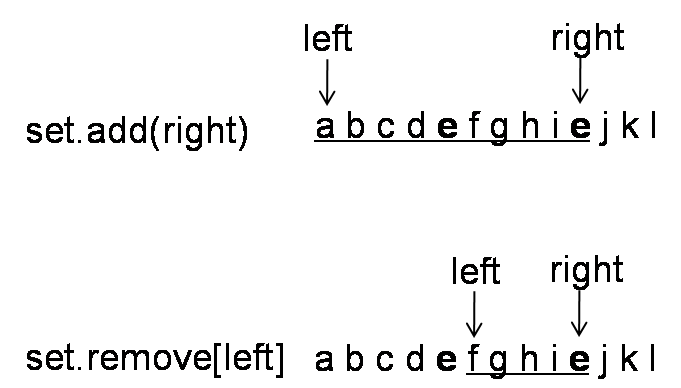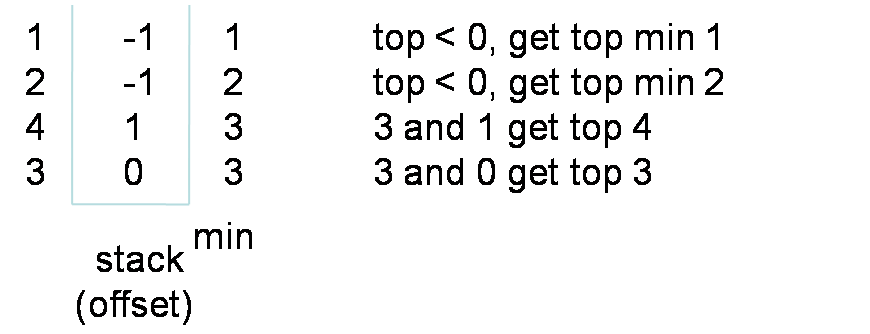leetcode 15.
Given an array S of n integers, are there elements a, b, c in S such that a + b + c = 0? Find all unique triplets in the array which gives the sum of zero.
Note: The solution set must not contain duplicate triplets.
For example, given array S = [-1, 0, 1, 2, -1, -4], A solution set is: [ [-1, 0, 1], [-1, -1, 2] ]
Solution. When the array doesn’t has duplicate, it is a classical 3Sum problem, the code is like below
public List<List<Integer>> threeSum(int[] nums) {
Arrays.sort(nums);
List<List<Integer>> list = new ArrayList<>();
for (int i = 0; i < nums.length - 2; i++) {
int left = i + 1, right = nums.length - 1;
while (left < right) {
int sum = nums[i] + nums[left] + nums[right];
if (sum == 0) {
list.add(Arrays.asList(nums[i], nums[left], nums[right]));
left++;
right--;
}
else if (sum < 0) {
right--;
}
else {
left++;
}
}
}
return list;
}
If it has duplicate, we need to skip the duplicate by several rules:
1. When iterating i, if nums[i] has same value as the previous one, nums[i] == nums[i – 1]. We need to skip
2. After we found a new pair at nums[i], nums[left] and nums[right], we need to move left forward until a different value; move right backward until a different value.
public List<List<Integer>> threeSumWithDuplicate(int[] nums) {
Arrays.sort(nums);
List<List<Integer>> list = new ArrayList<>();
for (int i = 0; i < nums.length - 2; i++) {
if (i > 0 && nums[i] == nums[i - 1]) {
continue;
}
int left = i + 1, right = nums.length - 1;
while (left < right) {
int sum = nums[i] + nums[left] + nums[right];
if (sum == 0) {
list.add(Arrays.asList(nums[i], nums[left], nums[right]));
left++;
right--;
while (left < right && nums[left] == nums[left - 1]) {
left++;
}
while (left < right && nums[right] == nums[right + 1]) {
right--;
}
}
else if (sum < 0) {
right--;
}
else {
left++;
}
}
}
return list;
}
Check my code on github.

